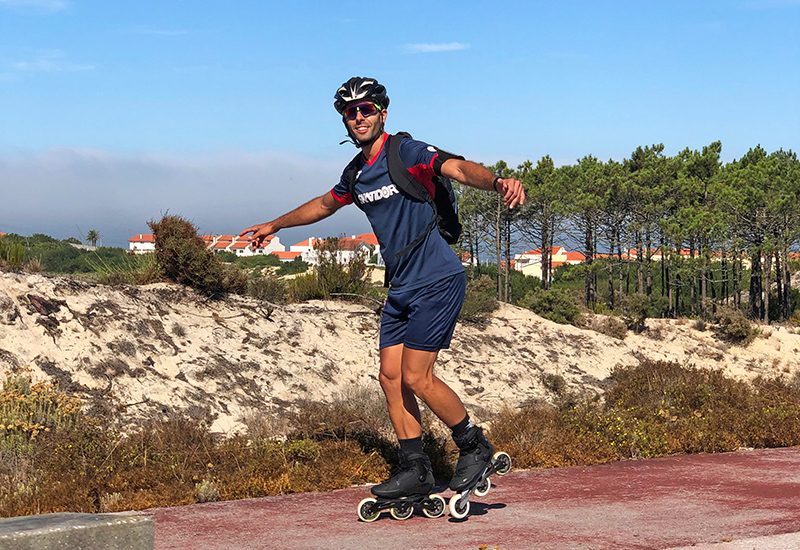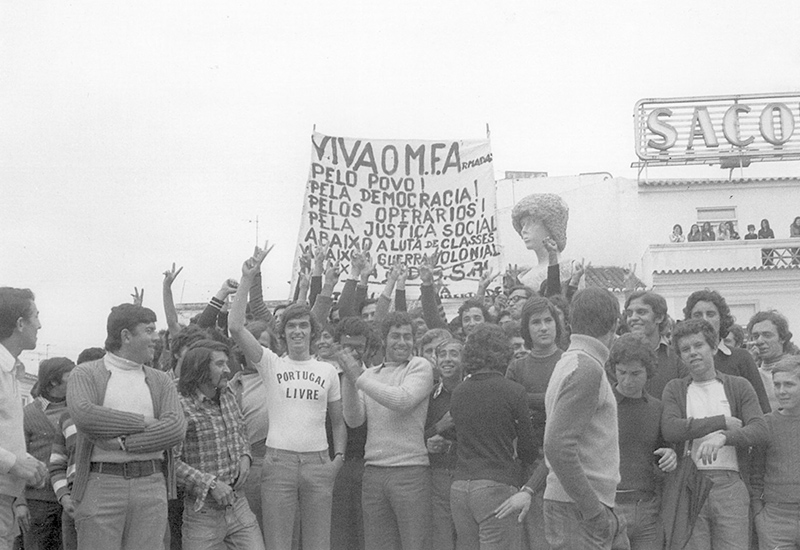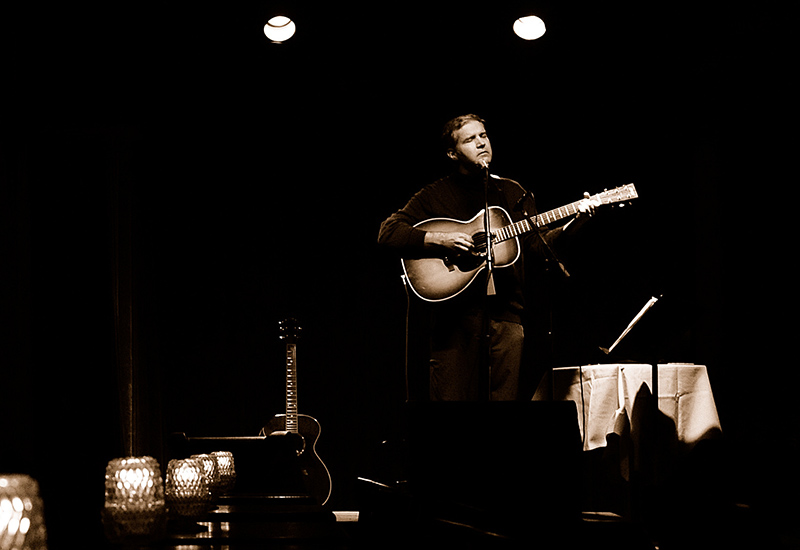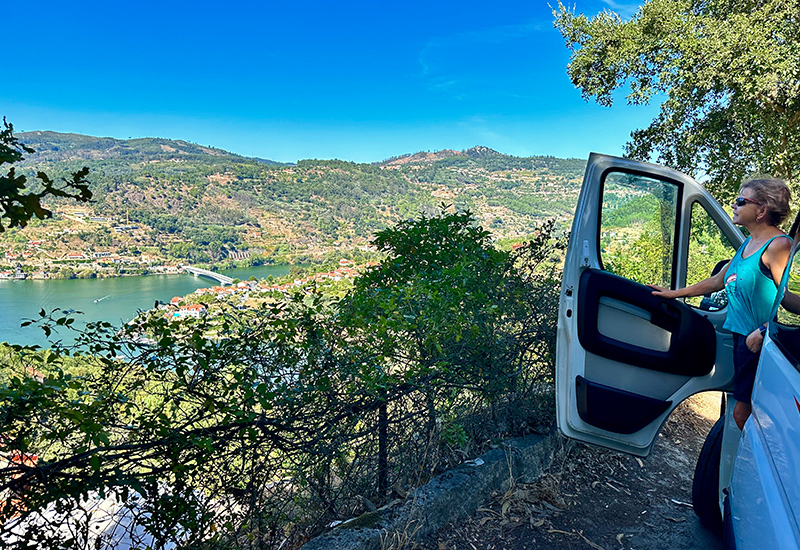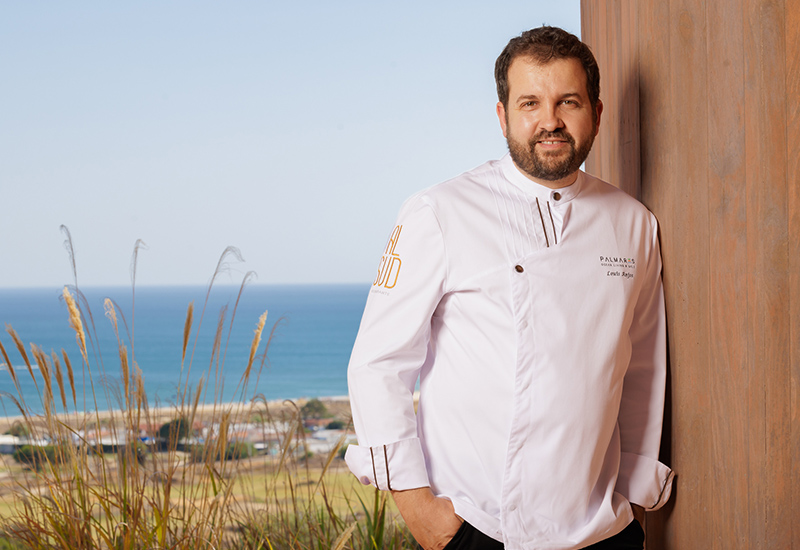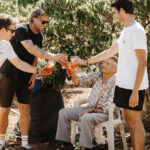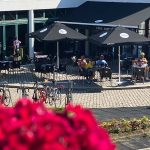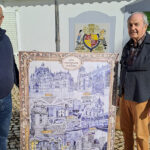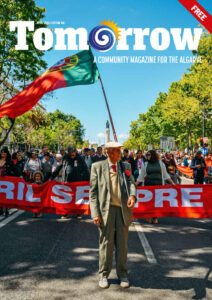By Ray Gillmore
Not a book about this magazine (!) but a fascinating exposition of how humanity has developed the systems we live by.
Lagos resident (and occasional contributor to Tomorrow), Chris Freer has led a fascinating life full of adventure and achievement, as well as his share of the slings and arrows of outrageous fortune. His experiences have shaped this marvellous book which he wrote to excite the curiosity and enrich the knowledge and understanding of his son, currently at university.
How we arrived at Tomorrow is just 370 pages long, but within it, almost all of human life is there!
The author describes the book as “An introduction to the evolution of politics, religion, economics, and philosophy.” Remarkably, he fulfils that ambition. Along the way, he brings to light the way people throughout the world have developed systems to organise and govern, feed, sustain and stimulate each other – explaining how and why the societies we live in were created. Anthropology, theology and sociology are all referenced as he forensically investigates how our beliefs, political and governance models and the protocols which have moulded the way we exist were invented. Of course, he also describes and debates despotism and tyranny, cruelty and violence, and humans’ tendency to tear themselves apart and self-destruct.
Freer discusses the purpose and utility of concepts like morality, ethics and justice, and explains how they developed. He writes, often quite lyrically, of spirits, stars and gods – as well as the scientific advances throughout history. He analyses the impact of population growth and global warming. He writes about the wonder of music, visual and performing art and literature and how they have often been co-opted for propaganda purposes.
In one especially illuminating and useful concluding chapter – ‘What words really mean’ – Freer summarises incisively what the words ‘Religion, Politics, Economics and Philosophy’ really signify, together with a fascinating glossary of 138 words from Agnostic to Zealot where he defines, lucidly, the true meaning of a lot of those words which are so often misunderstood and used in a misleading or derogatory context.
How we arrived at Tomorrow is a truly impressive work of wide-ranging scholarship and research written with penetrating insight, clarity and deftness of touch.
It deserves a place on any family’s bookshelf.
Buy the book: www.bit.ly/3BrbuU7
About the author:
Chris Freer was born in 1943 and grew up witnessing the regeneration of war-torn Britain. He joined the Merchant Navy at 16, became a navigator on tankers, and lived in Australia in the Sixties. Sailing became his passion. He competed in seven Sydney-Hobart races and was selected for the Australian Americas’ Cup crew in 1970.
He became a yacht designer and boat-builder working around the world: In Greece and Poland, he ran yacht building factories and has also done business in Japan, France, America and Russia. He returned to England in 1977, designing and building yachts in Southampton.
He represented Britain many times as an ocean racer competing in seven Fastnet Races. In 1987 he published his first book: The Twelve Metre Yacht – its evolution and design’. In 1989 he circled the globe again as Director of the British armed-services team in the Whitbread Round the World Race. In a complete change of nautical scale, he then became interested in recreational rowing and designed and built his own skiff. He tested the design with solo rows down the Loire, the Douro and the Tagus before forming ‘The Row Boat Company’, successfully selling boats to fourteen countries before selling the company and retiring to Falmouth.
He started a new phase in his life in Lagos in 1999 – now with a toddler son in the family.

